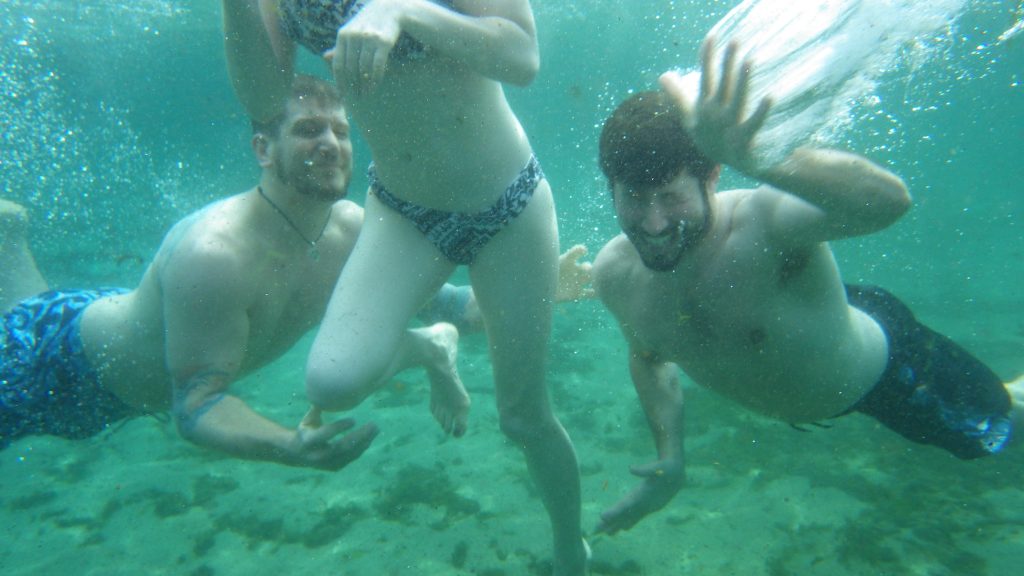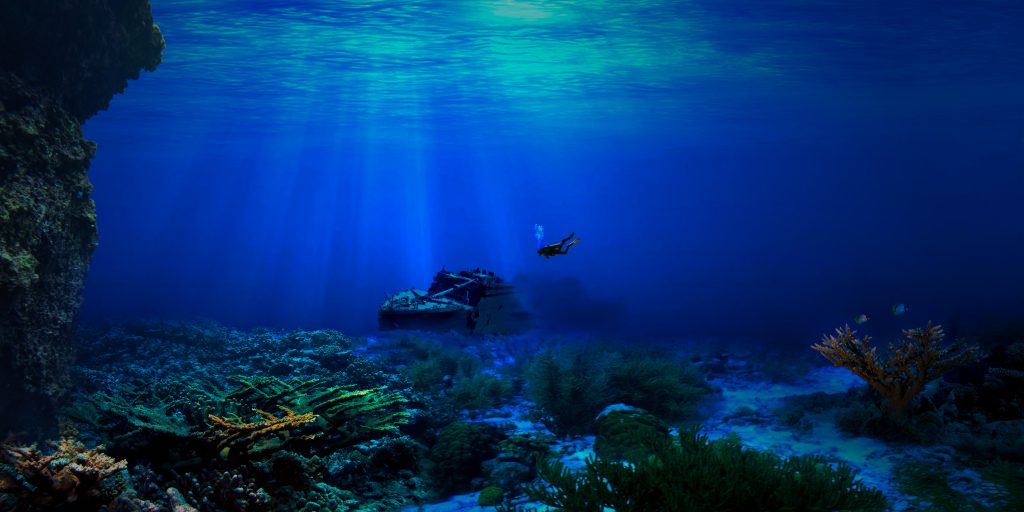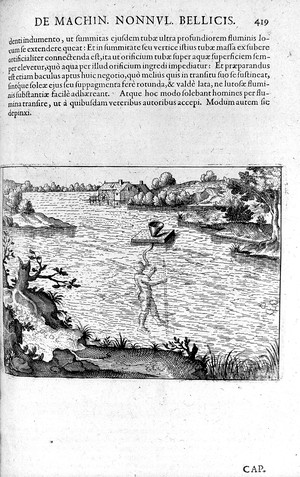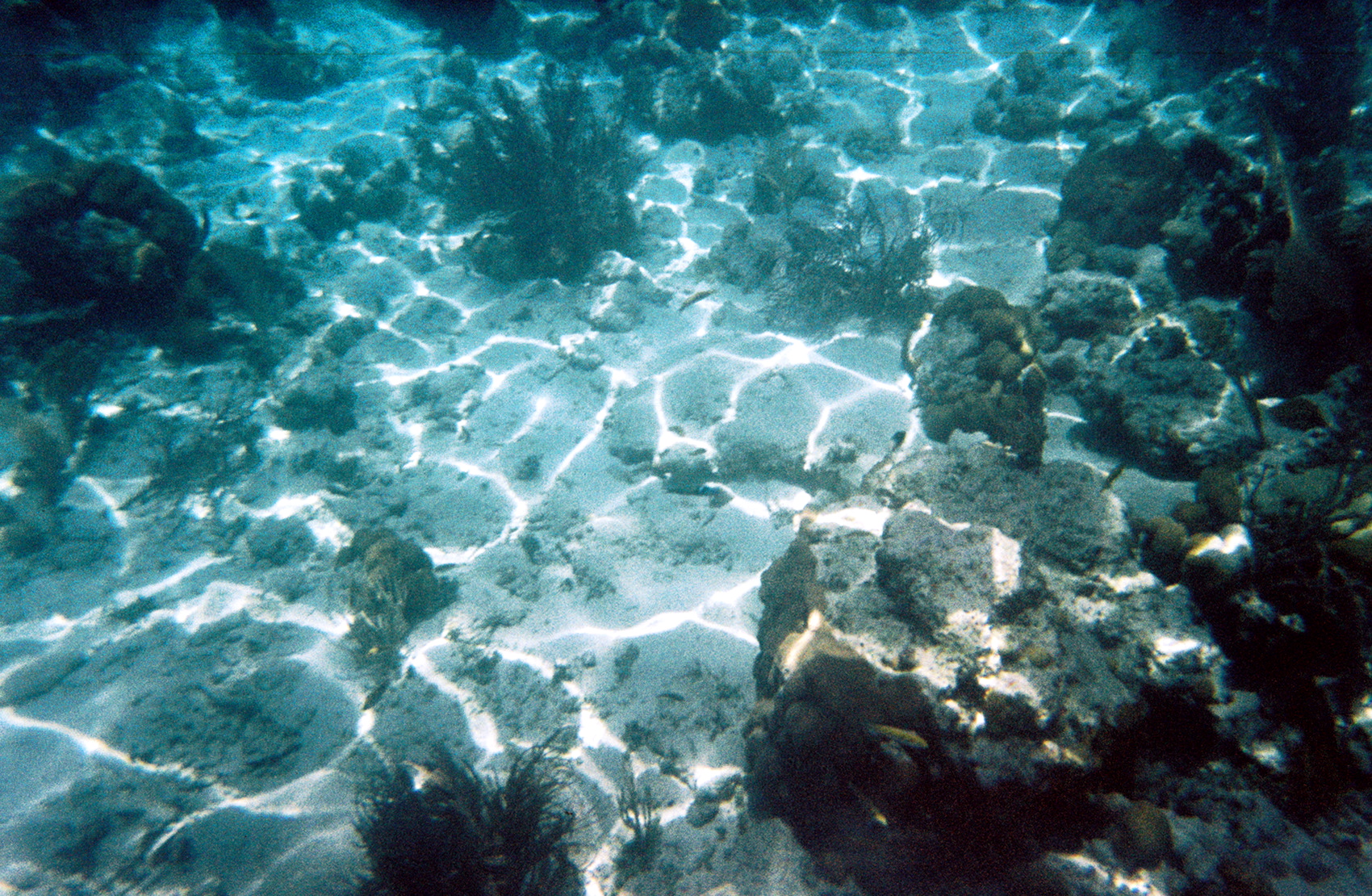For my Creative Commons search, I chose the keyword “underwater”. I honestly have no idea why I chose this keyword, it was just the first thing that popped into my mind. Throughout my search, I saw a range of different media represented, including photos, videos, academic papers, articles, wiki pages, blogs, and music. The academic papers and music particularly surprised me, because I was not expecting to see either of those platforms represented. I was convinced that my search would yield mostly images (which ended up being true).
Most of the images I found in my search focused on underwater wildlife, while most of the texts regarded history in some way. Mixed in with these repetitive examples, however, I found a few unique gems. This picture stood out to me because it made me laugh:

I found it both disturbing and entertaining that someone’s awkward vacation photos would be included in these beautiful photos of nature. Another image I found that was unique was this digitally-created underwater scene. Now that I think about it, it makes perfect sense that an artificial image would be included in the Creative Commons, but when I first saw it, it struck me as odd.

by far, the most interesting thing I found was this photo from an article published in 1624, depicting a method for breathing underwater. I was intrigued by this because of how old it is; I wasn’t expecting to find results that were so old, and definitely not anything written in a different language. It made me realize that this database could be used for more than just recent or modern media.

I think one of the benefits to Creative Commons is the fact that you can trace the origins of most of the media, which search engines might not be able to do, depending on what the media is. Another benefit was the wide range of databases the Creative Commons uses to find its content. Most of those resources were new to me, so I wouldn’t have thought about using them on my own. However, similar to Christina, I thought my search would have a broader range of content. Although my search included different media, out of the genres included had very few results. I find it hard to believe that there aren’t more water-related texts out on the internet. This very well may be because I am not familiar with the site, and therefore didn’t search as completely as I could have. I think the design of the site is another limitation; without being familiar with the database, it can be a bit confusing and a times overwhelming. Overall, I think its a great resource for initial research, especially for the purpose of remixing.
Word Count: 436
Works Cited:
“Search.” Creative Commons, Creative Commons. Web. 28 Feb. 2018.
